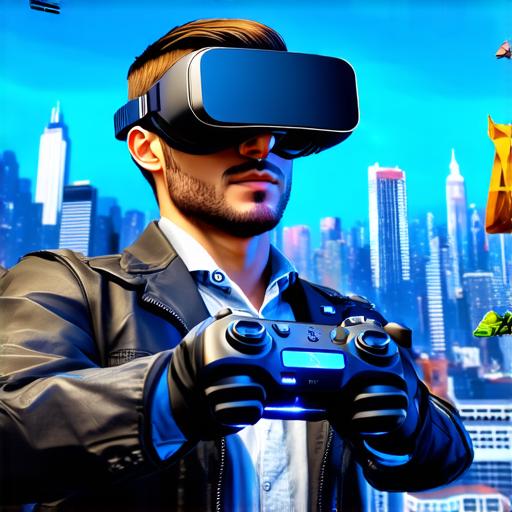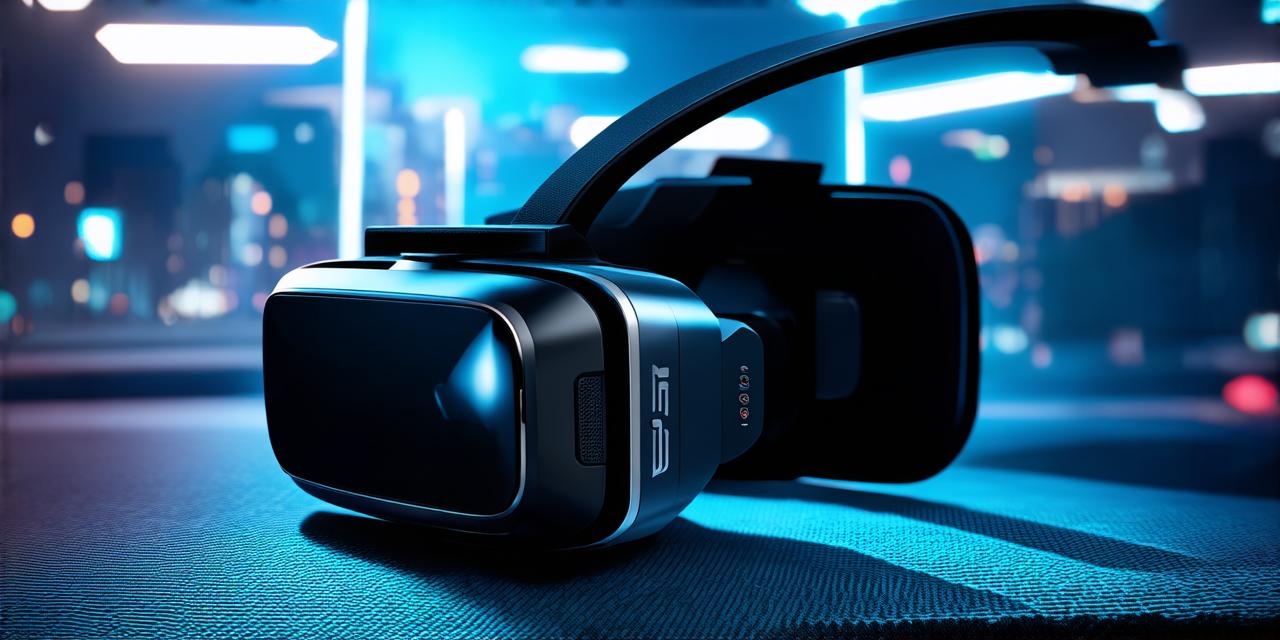In the ever-evolving landscape of technology, few innovations have captured the imagination quite like Virtual Reality (VR). This immersive technology is revolutionizing various industries, and game development is no exception. Let’s delve into how VR is reshaping this dynamic field.
The Dawn of a New Era
“Virtual Reality is the next major leap for interactive computing,” says John Carmack, co-founder of id Software. Indeed, VR offers game developers an unprecedented level of immersion, enabling them to create truly captivating and engaging experiences.
Immersive Experiences
With VR, the traditional 2D screen is replaced by a fully immersive environment. This allows for more realistic simulations, enhancing player engagement and fostering a sense of presence within the game world. For instance, the VR version of “The Room VR: A Dark Matter” offers an intricate puzzle-solving experience that feels tangible due to the immersive nature of VR.
Innovative Design
VR pushes developers to think beyond traditional design constraints. The need for a fixed camera angle is eliminated, allowing for more dynamic and interactive camera systems. Moreover, the ability to interact with objects in a 3D space opens up new possibilities for puzzle design and gameplay mechanics.
The Power of Prototyping
VR prototyping tools like Unity and Unreal Engine have made it easier than ever for developers to create and test their ideas quickly. This iterative process allows for more refined and polished final products, ultimately leading to a better gaming experience.
Challenges Ahead
While VR holds immense potential, it also presents unique challenges. These include hardware limitations, high production costs, and the need for specialized development skills. However, as technology advances and becomes more accessible, these hurdles are gradually being overcome.
The Future of Gaming
As we stand on the precipice of a new era in gaming, it’s clear that VR will play a pivotal role. By offering immersive experiences, innovative design possibilities, and powerful prototyping tools, VR is set to redefine what it means to play a game.
FAQs
Q: Is VR only for AAA titles?
A: No, VR is being used in various types of games, from indie titles to educational games.

Q: Is VR expensive to develop for?
A: While it can be costly due to hardware requirements and specialized skills, the increasing accessibility of VR development tools is making it more affordable.
Q: Will VR replace traditional gaming?
A: It’s unlikely that VR will completely replace traditional gaming, but it will undoubtedly become a significant part of the gaming landscape.
